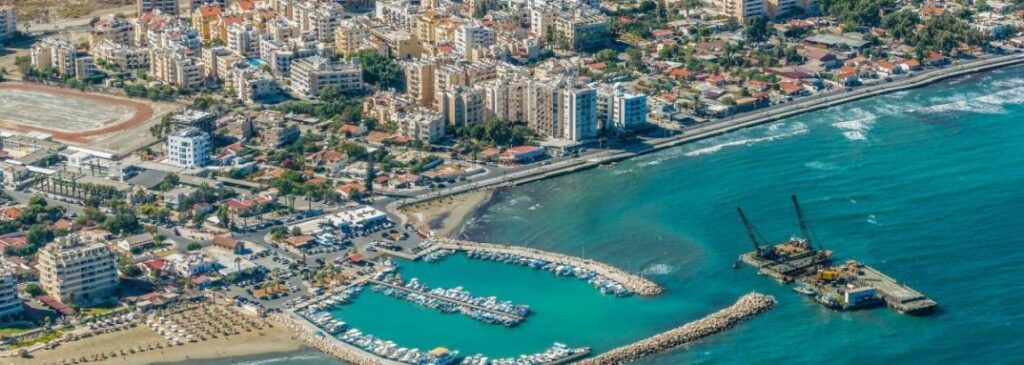Larnaca One of Cyprus’ Oldest Cities
Larnaca city boasts a rich and diverse history. Its strategic location on the Mediterranean coast has shaped its development over millennia. From ancient settlements to modern-day charm, Larnaca’s history reflects the island’s cultural and historical evolution.
Ancient Beginnings
Larnaca city traces its roots back to the ancient city of Kition. The Phoenicians established Kition around the 13th century BC. It became a major city-kingdom and a hub for trade and copper production. Archaeologists have uncovered ruins of temples, fortifications, and workshops, showcasing its significance in antiquity.
Greek and Roman Influence
During the Greek and Roman periods, Kition thrived as a cultural and economic centre. The city adopted Greek customs and language. Zenon of Kition, the founder of Stoic philosophy, was born here. The Romans later incorporated Cyprus into their empire, leaving behind architectural remnants and historical records.
Byzantine Era
In the Byzantine era, Larnaca became an important Christian centre. The Church of Saint Lazarus, built in the 9th century, stands as a testament to this period. The city flourished as a religious and cultural hub, with monasteries and churches dotting the landscape.
Medieval Times
During the Middle Ages, Larnaca faced invasions and changing rulers. The Venetians built fortifications, including Larnaca Castle, to protect the city. The Ottomans later took control in the 16th century, leaving a lasting influence on the city’s architecture and culture.

British Colonial Period
In 1878, the British took control of Cyprus, including Larnaca. They modernized the city’s infrastructure, building roads, schools, and hospitals. The port of Larnaca became a key trade centre, connecting Cyprus to the wider world.
Independence and Modern Era
Cyprus gained independence in 1960, and Larnaca continued to grow. The city developed into a tourist destination, known for its beaches, historic sites, and vibrant culture. Today, Larnaca blends its ancient heritage with modern amenities, offering a unique experience for visitors.
Cultural Heritage
Larnaca’s history is reflected in its landmarks, such as the Kamares Aqueduct and Hala Sultan Tekke. The city celebrates its past through festivals, museums, and traditional crafts. Its multicultural heritage is evident in its architecture, cuisine, and way of life.
Conclusion
Larnaca’s history is a tapestry of ancient civilizations, cultural exchanges, and modern development. From its Phoenician origins to its role as a thriving modern city, Larnaca continues to honour its past while embracing the future. It remains a captivating destination for history enthusiasts and travellers alike.


